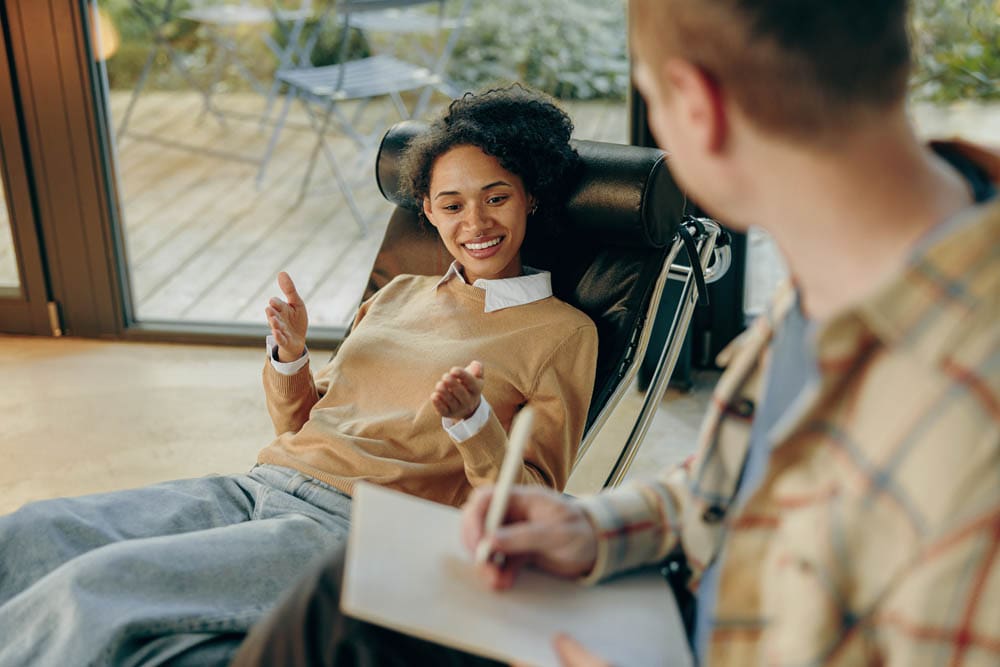Finding success after rehab isn’t too difficult… in the short term. After all, having gone through detox and then spending weeks or months in a clinical setting, the patient’s cravings and need to feed their substance abuse habit should be at their lowest point since they first began descending into addiction. The struggle begins as the hours turn into days turn into weeks and so on. The more time passes, the more the patient will be exposed to triggers and stressors that will threaten to plunge them into relapse.
To have any true success in overcoming addiction, the recovering addict needs strategies for long-term sobriety.
Maintaining sobriety amidst your usual daily grind can be a challenge at times. You’re already working hard on your usual tasks — work, family obligations, health concerns and other issues that require your constant attention — and then, on top of that, you have to avoid triggers, manage cravings, possibly attend group meetings, support sessions or other therapies to help manage your addiction. It’s a lot.

That’s why it’s important to have a plan and implement strategies to help maintain your sobriety for the long haul. A good rehab program should help you develop such strategies and know when and how to put them to use to help in the ongoing fight against your addiction.
Those strategies will vary from person to person depending on their needs, their strengths and weaknesses, the rhythm of their days and habits and more. But the basics come down to finding out how to avoid triggers, how to manage cravings and how to get help when it’s needed.

The recovering addict will need to find ways to avoid people, places and situations that encourage them to relapse. You may have people you were close to in your time as an addict you cannot reconnect with because they are still addicts themselves and could encourage you to indulge in substance abuse yourself. There may be places or events that make you desire your addiction once more. These triggers can be dangerous and while they cannot be entirely avoided — it’s impossible in some cases to know what random thing may serve as a trigger — identifying likely triggers and keeping away from them is a vital tool for sobriety.
Cravings are not always tied to triggers, though. Sometimes a recovering addict’s addiction will just rear its head, seemingly unprompted, and have you desiring drugs or alcohol again. At times like these, the recovering addict needs coping mechanisms. Certain hobbies, particularly ones that involve busywork with the hands, can be helpful here. But so can prayer, meditation or other calming techniques. One person’s coping technique may be useless for another person, and vice versa. Trial and error may be needed. But having such mechanisms ready is important.
And you need to know where to turn when you need help from others. You may attend group meetings for moral support, and knowing when a meeting is happening for when you might need that help is important. You may have a sponsor you could call for help, or a support network of friends and family. Having somewhere to turn is imperative, so finding that place or people for help must be done to help with your long-term sobriety chances.
At Good Landing Recovery, rehab and therapy will help patients not only overcome their addiction in the short-term, but also to develop strategies and techniques to continue that recovery and maintain sobriety in the long-term.
